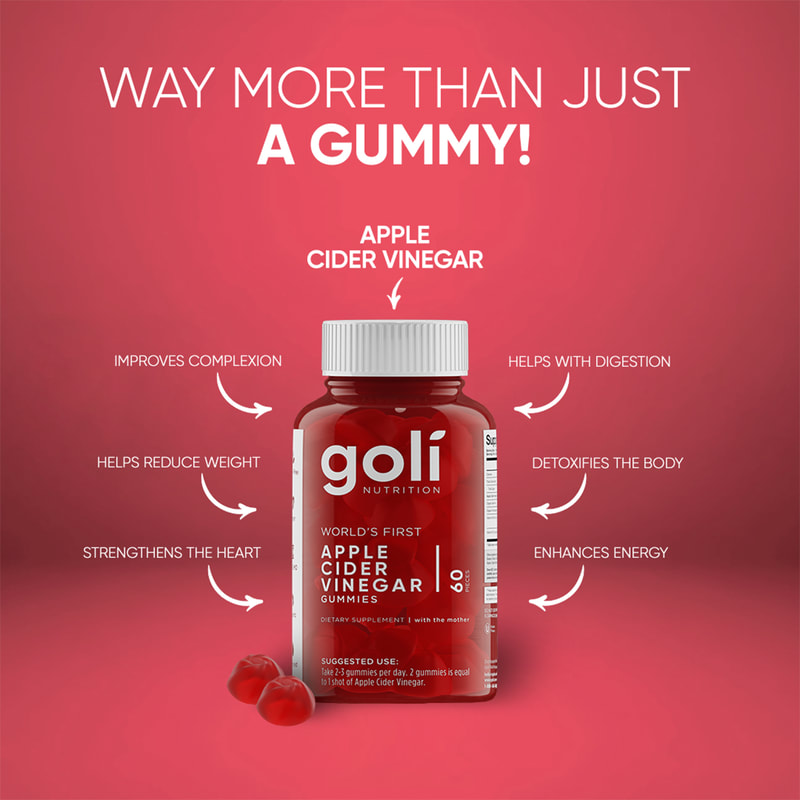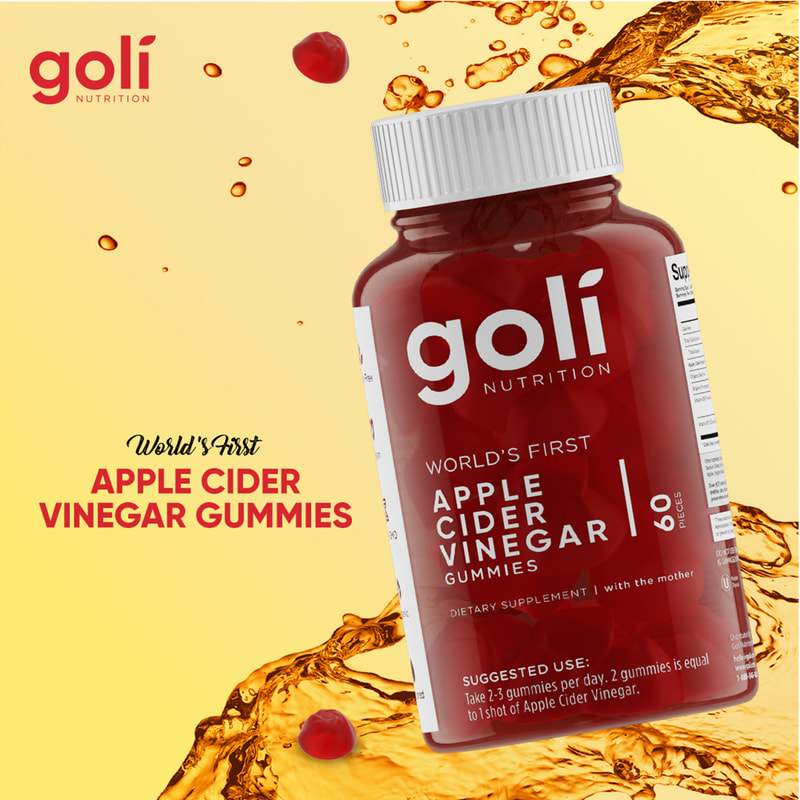Dr. Loren Cordain is the founder of the paleo movement and an expert on paleolithic diets. He has written and participated in over 100 studies. Dr. Cordain states the Paleo Diet is based upon everyday, modern foods that mimic the food groups of our pre-agricultural, hunter-gatherer ancestors. He explains that there are seven fundamental characteristics of hunter-gatherer diets that will help to optimize your health, minimize your risk of chronic disease, and lose weight. These seven are; higher protein intake, lower carbohydrate intake and lower glycemic index, higher fiber intake, moderate to high fat intake dominated by monounsaturated and polyunsaturated fats with balanced Omega-3 and Omega-6 fats, higher potassium and lower sodium intake, Net dietary alkaline load that balances dietary acid and Higher intake of, vitamins, minerals, antioxidants, and plant phytochemical.
Bone broth is one of the foods that have been consistently recommended by the paleo community. When most people think of broth they think of the boxes of beef or chicken stock that you can find in your local grocery. These broths are usually massed produced and contain salt and other preservatives like MSG with little nutrients. The paleo diet promotes consuming bone broth that is cooked at home using preferably bones from animals that are grass-fed and wild caught fish. These can be found at your local butcher or fish market.
A recently published book called The Bone Broth Diet by Dr. Kellyann Petrucci, MS, ND touts the health benefit claims of regularly consuming bone broth. These include weight loss and healing properties such as; curing or helping with digestive problems, leaky gut, IBS, immune support, joint protection and stronger bones, just to name a few. The nutrients and other healthy components of animal bones include collagen, amino acids like glutamine and multiple minerals such as magnesium.
Although this sounds great, I did some research of my own using search engines such as Pubmed and the terms Bone Broth Health. I found only a couple of small studies. One small study from 2013 that looked at lead contamination in bone broth. This study from Monro et al. was a small controlled study of lead concentrations in three different types of organic chicken broth. They showed that such broths contain several times the lead concentration of the water with which the broth is made. Specifically, broth made from skin and cartilage taken off the bone once the chicken had been cooked with the bones, and chicken-bone broth, were both found to have markedly high lead concentrations, of 9.5 and 7.01 μg L(-1), respectively (compared with a control value for tap water treated in the same way of 0.89 μg L(-1)). They concluded that because of the dangers of lead consumption to the human body, they recommend that doctors and nutritionists take the risk of lead contamination into consideration when advising patients about bone broth diets.
The second study I found was from the Nutrition Journal in 2008. This pilot clinical trial showed that daily supplementation with oral hyaluronic acid from a natural extract of chicken combs (Hyal-Joint) was useful to enhance several markers of quality of life in adults with osteoarthritis of the knee. Hyaluronic acid, also known as hyaluronan, is one of cartilage’s three glycosaminoglycans. It helps broth gel, and it’s been used for years to treat race horses with osteoarthritis, usually as an intra-articular injection or IV fluid.
The health benefit claims about bone broth are mainly based on specific practioners experience with recommending this food to their patients or clients. From my research, it seems there has not been any true scientific based studies on the health benefits of bone broth. In the world most of us live in today, there are plenty of food sources that contain amino acids, minerals, vitamins and other essential and non-essential nutrients that are in bone broth. You can definitely eat bone broth if you would like, as long as it is not a daily part of your diet. The best way to consume bone broth would be to make it at home.
I ask that you use animal bones for your broth that are from animals that would have been killed for food anyway. So many animals are treated horrifically. There are also environmental effects of raising, killing and eating animals.
In conclusion, when animals are raised, fed and treated well, moderate consumption of their meat and bones is seemingly ok. However, when animals are raised in mass quantitiy with total disregard for how they are fed, treated and slaughtered this is not only unhealthy for human consumption in so many ways but unethical and downright disgusting.
Cheers to Your Health!
Eat Local. Buy Fair Trade. Shop Organic
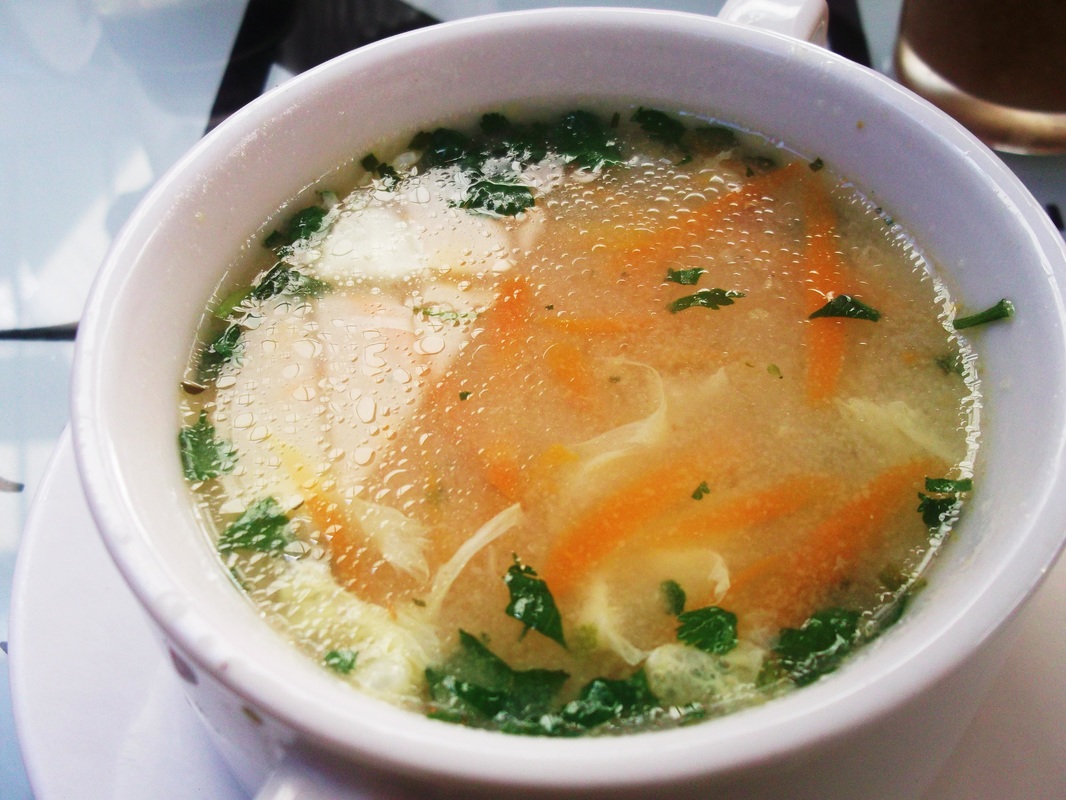


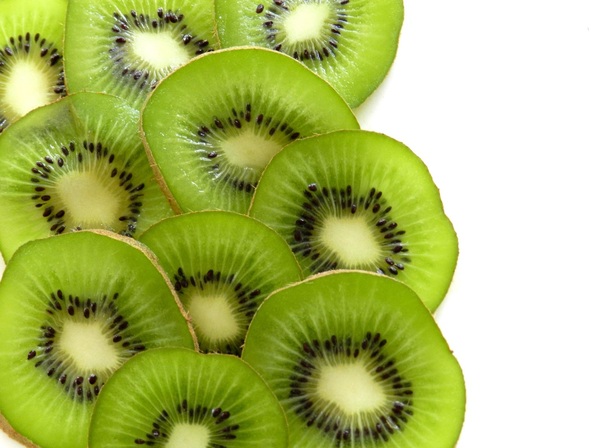


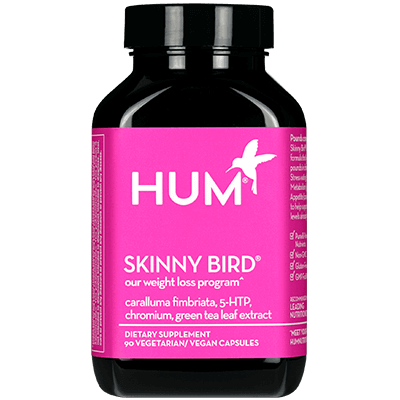
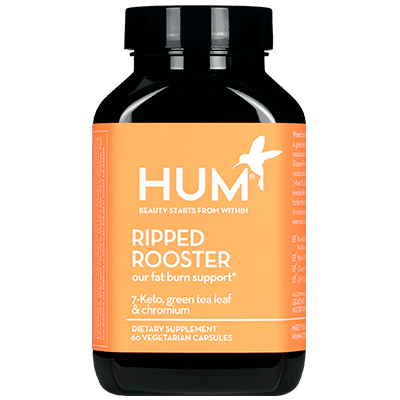
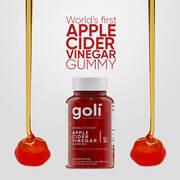
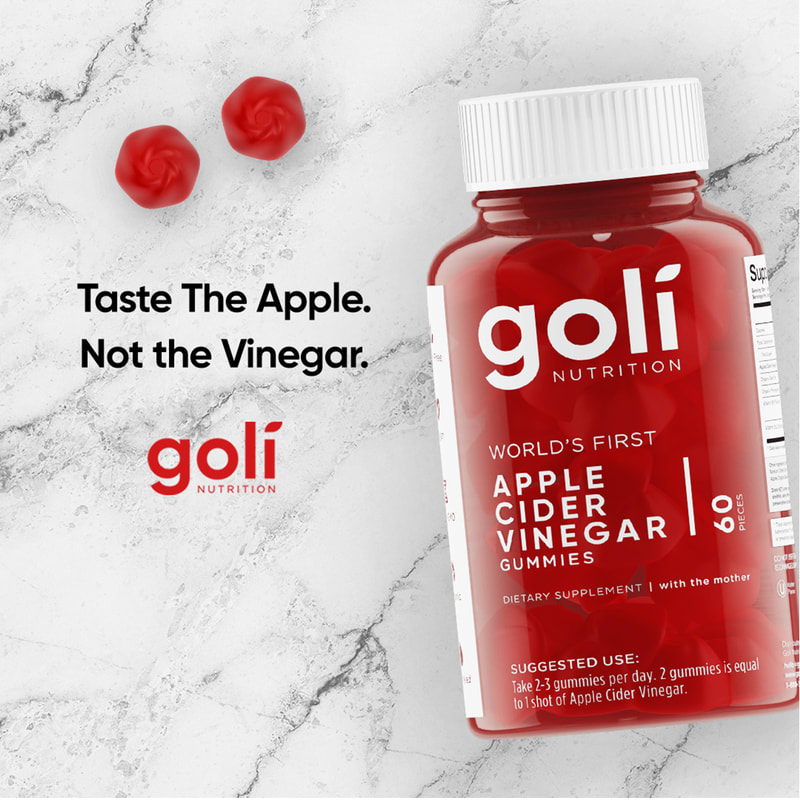




 RSS Feed
RSS Feed
